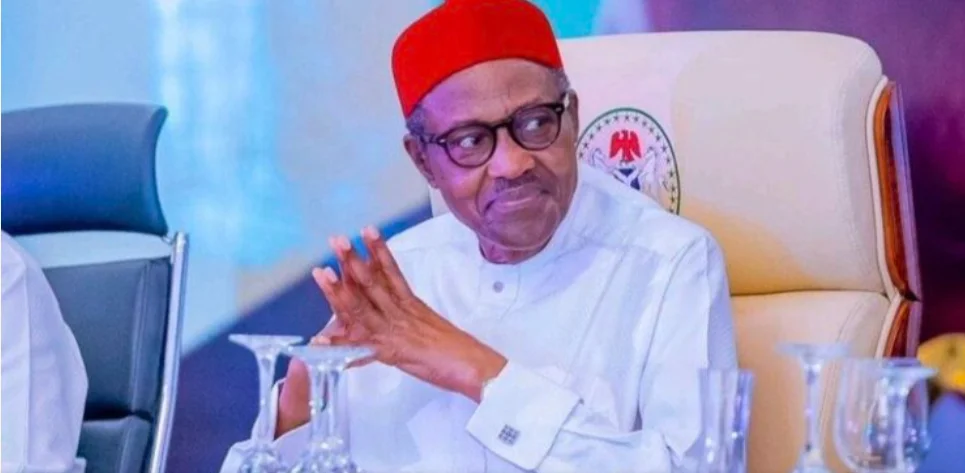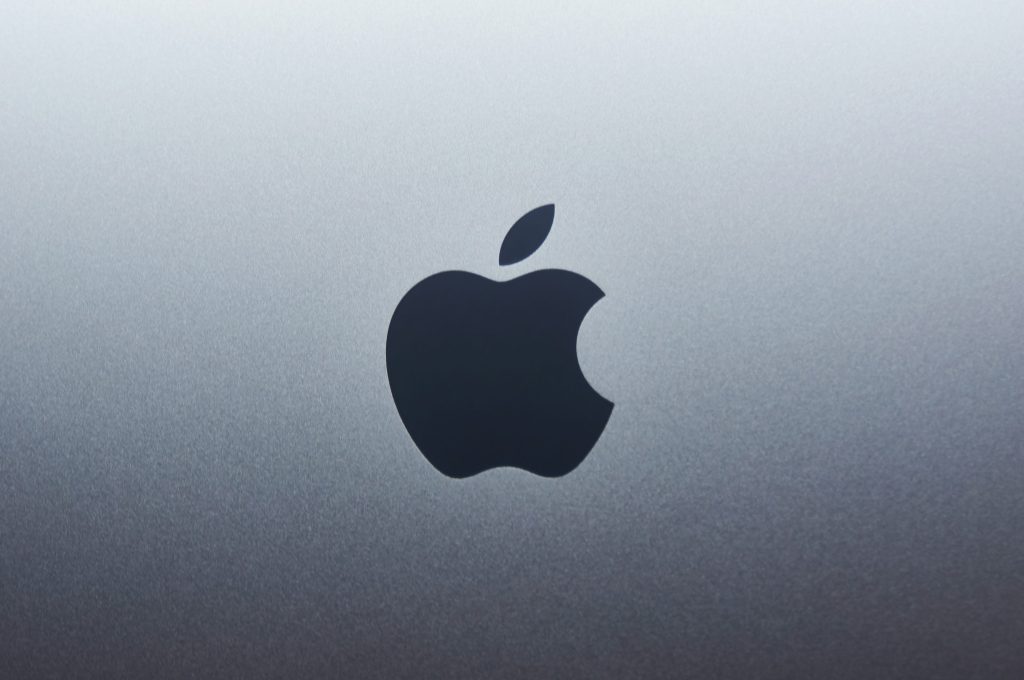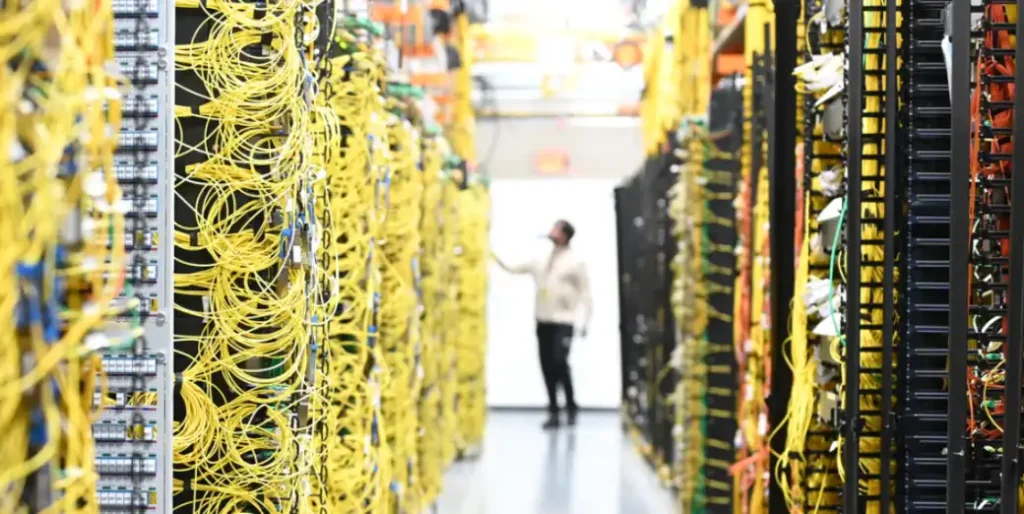How Nigeria’s ICT Sector Fared Under the Late Former President Muhammadu Buhari (2015–2023)
The late former President Muhammadu Buhari, who passed away on July 13, 2025, left behind a mixed economic legacy. However, Nigeria’s Information and Communications Technology (ICT) sector stands out as one of his administration’s most consistent success stories.
From contributing just 9.80% to Nigeria’s real GDP in Q3 2015, the ICT sector surged to a record 19.54% by Q2 2023. This growth positioned Nigeria as one of Africa’s largest digital economies, driven by telecom expansion, fintech innovation, and government policy reforms.
Nigeria’s ICT Sector Growth Timeline Under Buhari
1. Early Challenges: 2015–2017
- 2015: ICT contributed 11.26% to GDP by year-end, despite recession pressures.
- 2016: Sector growth slowed to 1.95%, though nominal growth hit 17.43% in Q4.
- 2017: ICT recorded its only annual contraction under Buhari with -1.04% growth but maintained an 11.35% GDP share, showing resilience amid economic downturn.
2. Recovery and Expansion: 2018–2020
- 2018: Sector growth rebounded with 9.65% real GDP growth, contributing 12.22% to GDP.
- 2019: ICT’s contribution rose to 13.04%, coinciding with Buhari’s re-election.
- 2020: Amid COVID-19 lockdowns, ICT saw 13.18% growth, contributing 15.05% to GDP as digital platforms became essential.
3. Sustained Momentum: 2021–2023
- 2021: ICT’s contribution climbed to 15.51% of GDP, even as growth slowed to 6.55%.
- 2022: Growth rebounded to 9.76%, contributing a record 16.51% to GDP.
- 2023: ICT peaked, contributing 17.47% in Q1 and 19.54% in Q2—the highest quarterly share on record.
Key Policies That Shaped Nigeria’s Digital Economy
Under Buhari’s leadership, several initiatives accelerated ICT sector growth:
- National Digital Economy Policy and Strategy (NDEPS)
- Broadband penetration targets
- Tech hub establishments and startup support policies
- Rise of Nigerian unicorns such as Flutterwave, Andela, and Opay
Professor Isa Pantami, former Minister of Communications and Digital Economy, credited stakeholder engagement and diligent NDEPS implementation as core drivers of ICT growth.
Foreign Direct Investment (FDI) Trends in Nigeria’s ICT Sector
Despite impressive growth figures, the ICT sector under Buhari faced serious challenges in attracting consistent foreign investment:
- 2018: $114.43 million FDI
- 2019: Peaked at $944 million
- 2020: FDI dropped by 56% to $417.48 million
- 2021: Further plunged to $107.6 million
- 2022: FDI rebounded to $456.83 million
- 2023: Fell again to $134.75 million
According to Engr. Gbenga Adebayo, Chairman of the Association of Licensed Telecommunications Operators of Nigeria (ALTON), major deterrents included:
- High Right of Way (RoW) charges
- Multiple taxation issues
- Foreign exchange volatility
These challenges remain unresolved even two years into President Bola Tinubu’s administration.
Buhari’s ICT Legacy: Growth with Caution
While Muhammadu Buhari’s presidency is remembered for both achievements and controversies, his administration undeniably created the policy environment for Nigeria’s ICT sector to thrive.
By driving digital adoption, expanding broadband access, and encouraging fintech development, Buhari helped position Nigeria as a leading African tech hub. However, unresolved issues surrounding investment climate stability present ongoing challenges.
Conclusion
From 9.80% in 2015 to 19.54% in 2023, Nigeria’s ICT sector under late President Muhammadu Buhari experienced sustained growth. The sector’s resilience during recessions and pandemics underscores its importance to Nigeria’s broader economy.
For Nigeria’s digital economy to sustain this trajectory, addressing FDI bottlenecks such as taxation, forex instability, and infrastructure costs will be critical moving forward.











